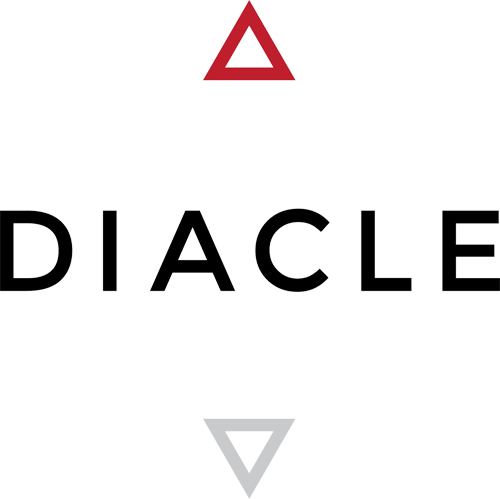What is Malta’s Virtual Financial Assets Act All About?
What is Malta’s Virtual Financial Assets Act All About?
On November 1, 2018, Malta became the first country to institute a true regulatory framework for cryptocurrencies and ICO tokens. But what does this actually mean for companies and investors? We decided to cut through the legalese and let you know what you need to know… all in less than 400 words!
What is the VFAA?
The Malta Virtual Financial Assets Act (VFAA) is a law which aims to provide protections for cryptocurrency users all while strengthening token issuers and other industry players. In addition to issuers, the VFAA stipulates how such entities as exchanges, wallet providers, and ICO listing platforms would be regulated.
What this means for companies
For utility token issuers, the VFAA primarily clearly sets out requirements relating to the kinds of promises that can be made to investors during what Malta calls ‘Virtual Financial Offerings’ (in other words, ICOs). In practice, this involves registration of a whitepaper with the regulator.
Moreover, the act lays out the conditions for the application and maintenance of virtual financial asset licenses within the jurisdiction. The Malta Financial Services Authority (MFSA) now grants four classes of licenses.
Class 1: Gives license holders with an annual turnover of up to 1,000,000 Euros the ability to provide investment advice and consultation.
Class 2: Meant primarily for wallet providers and P2P exchanges, this license entitles a company to hold or control a customer’s money, but not to trade on their own account.
Class 3: Intended for OTC traders and market makers, the Class 3 license is similar to the Class 2, but with a much higher turnover cap.
Class 4: This is the license for exchanges. And it’s attracted some big exchanges like Binance to Malta.
What this means for investors
Many jurisdictions still do not regulate cryptocurrencies and tokens, while most that do choose to do so by simply lumping them together with securities. Malta has developed a framework that protects investors all while keeping entry requirements minimal. In order to participate in a Malta-based ICO, or to trade on a Malta-based exchange, only typical KYC requirements have to be fulfilled.
